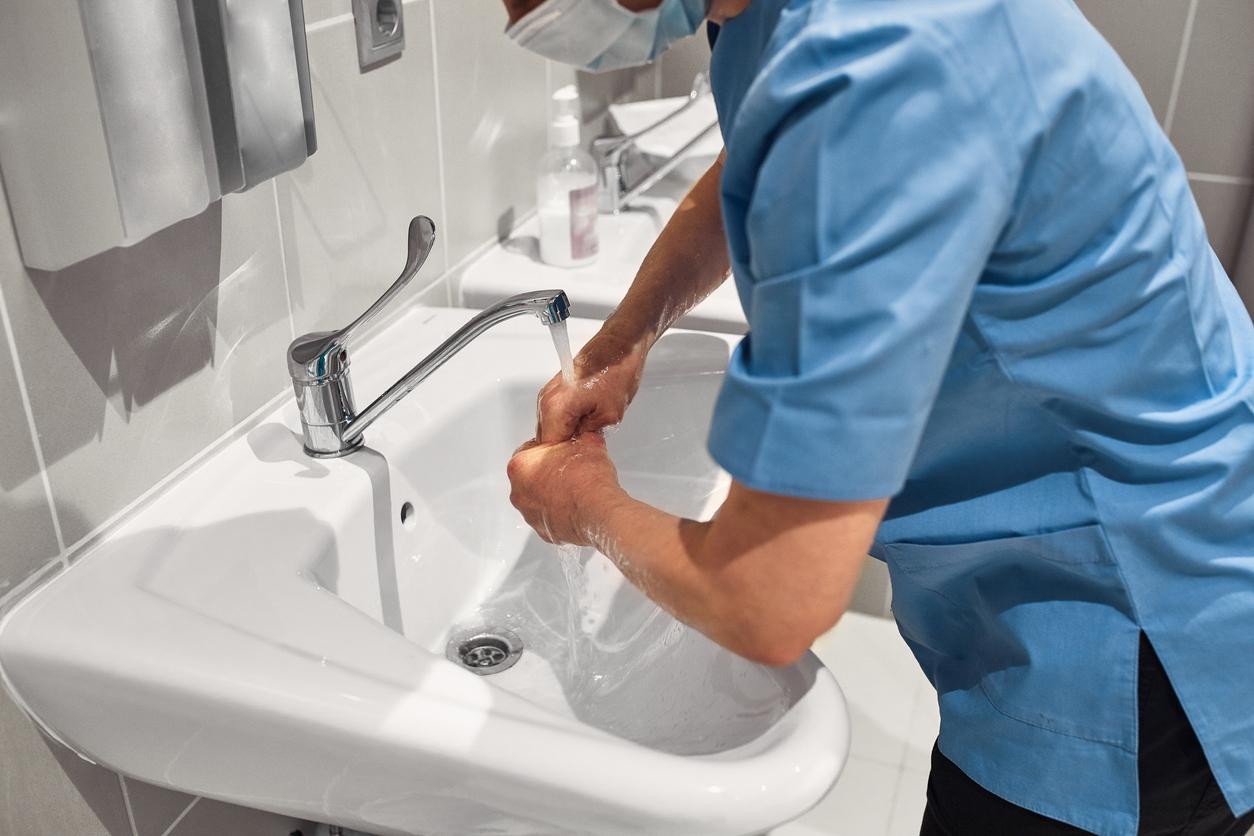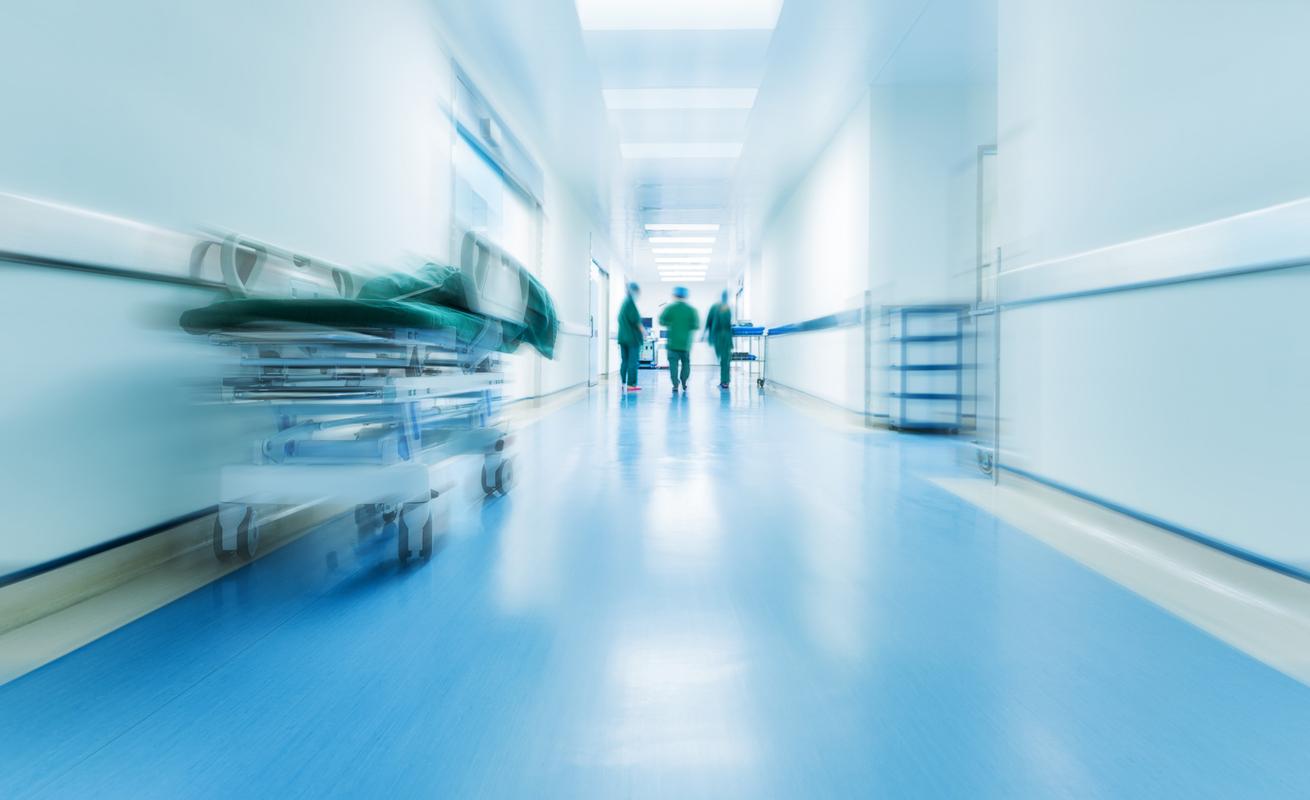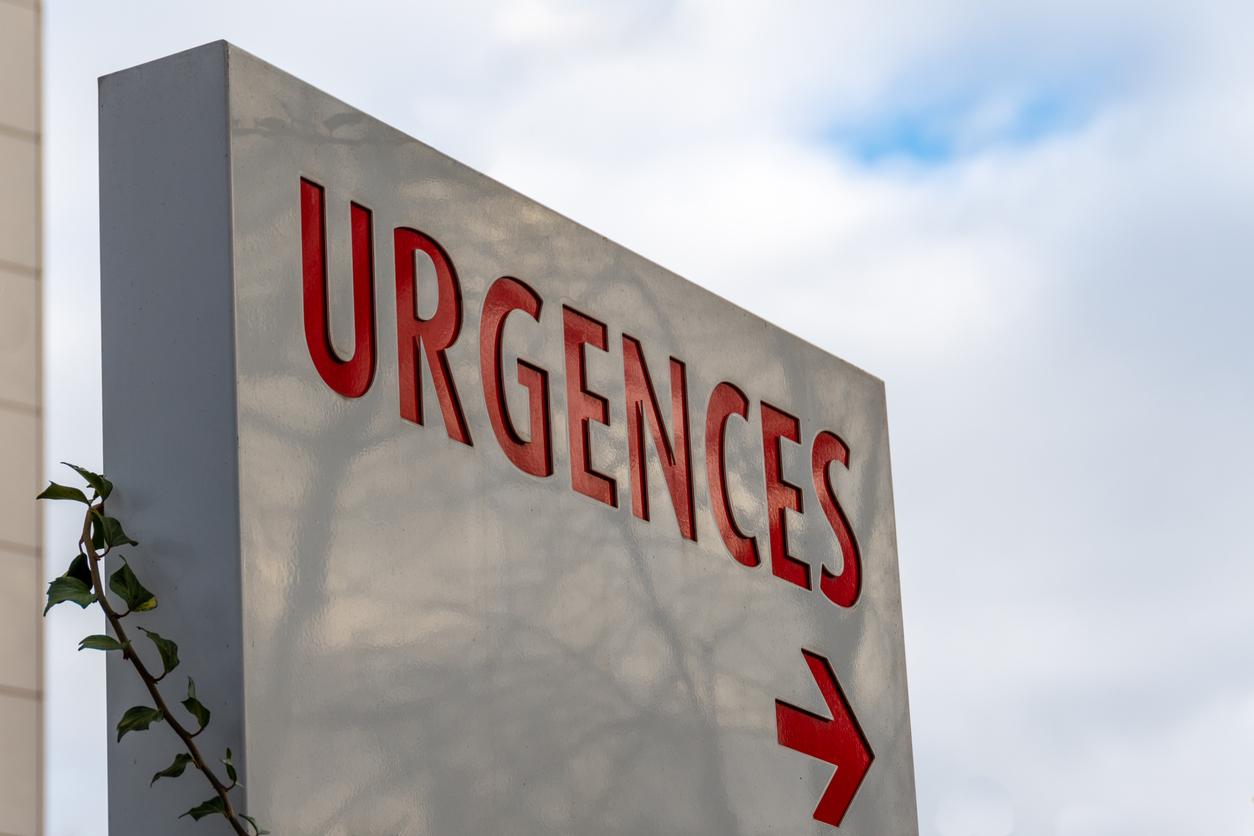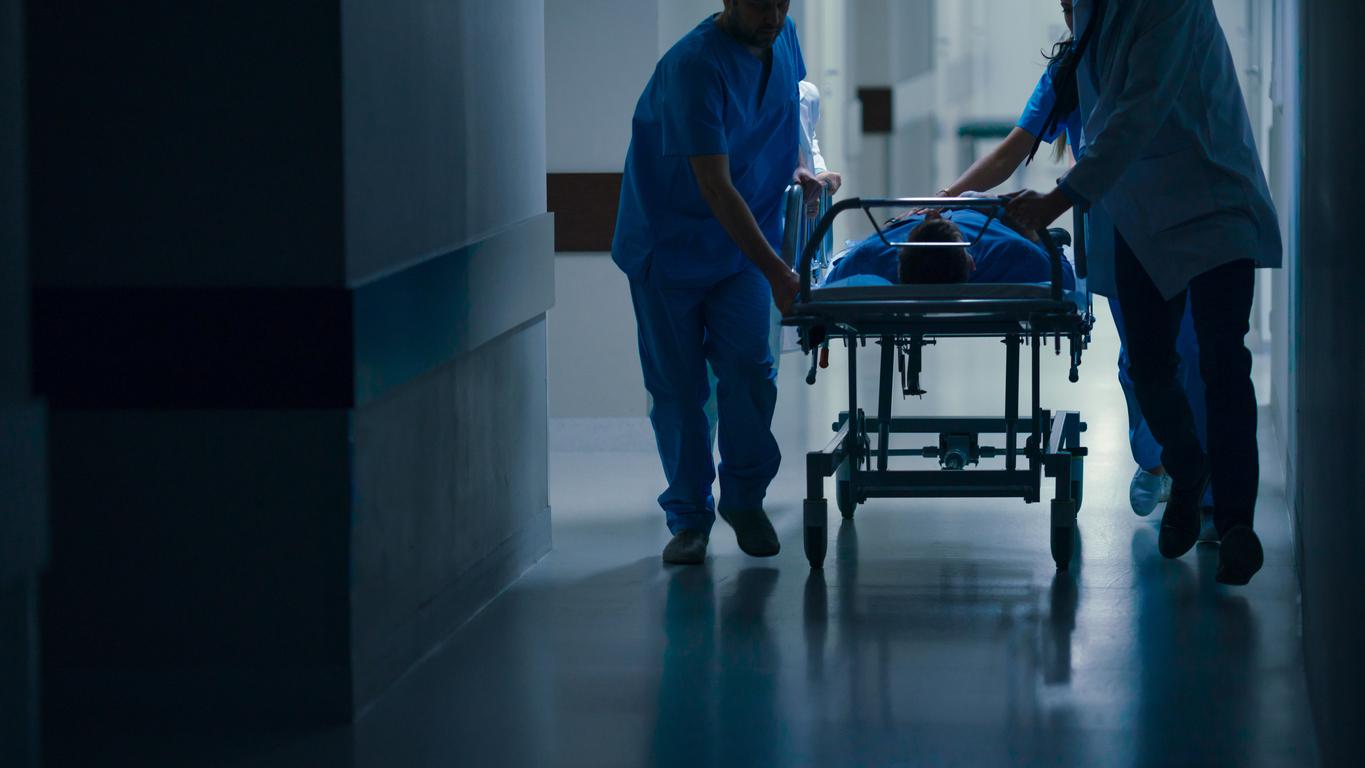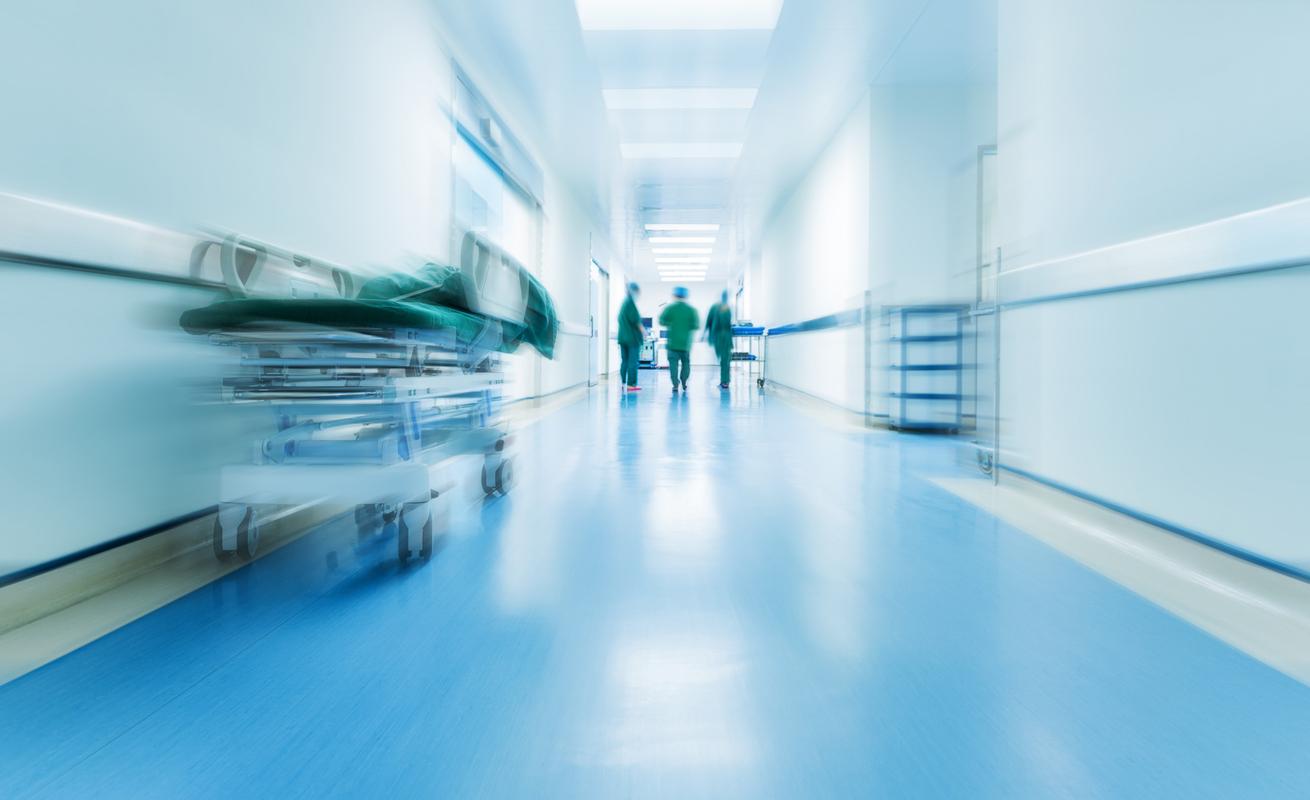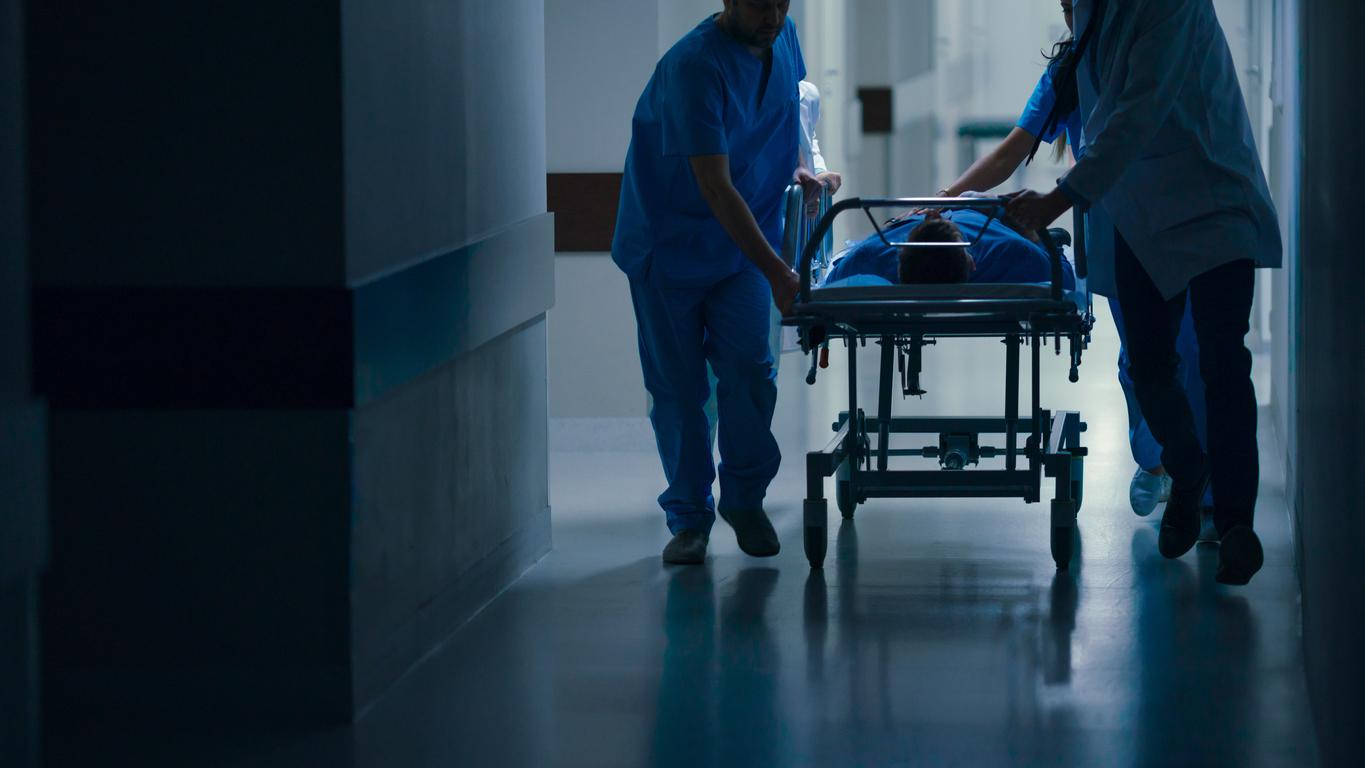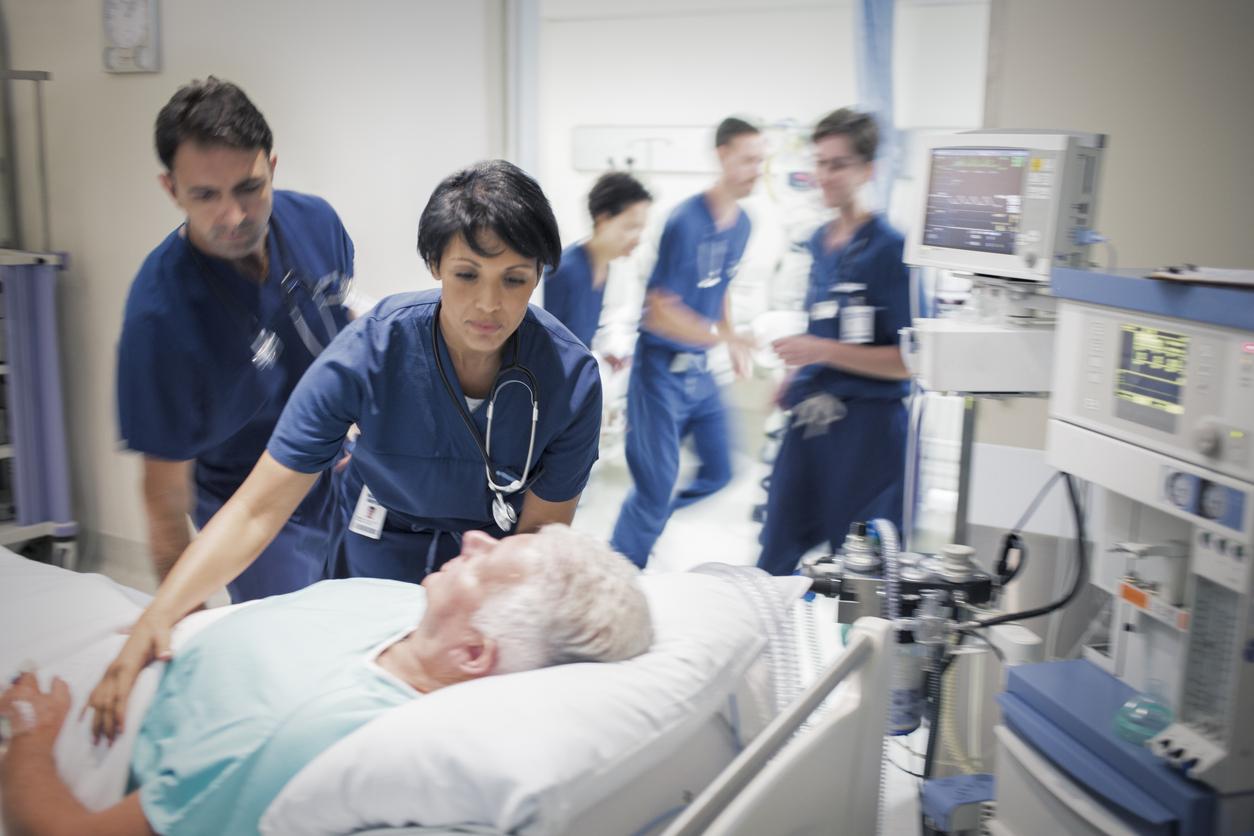According to a study, survival after cardiac arrest is better on weekdays in the hospital, and more particularly during the day.
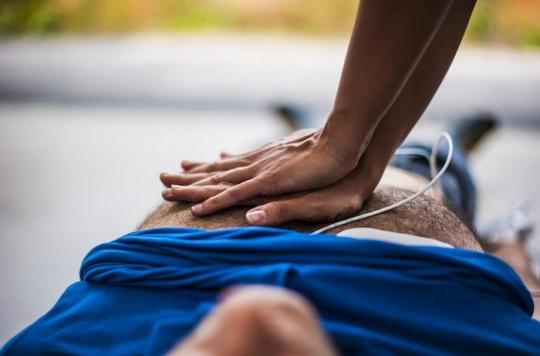
50,000 people each year suffer from cardiac arrest in France. Survival in the event of cardio-respiratory arrest is strongly linked to the speed of treatment by a healthcare team.
American researchers have studied survival when it happens in a hospital. It is best during the week and during the day. The results were published in the Journal of the American College of Cardiology.
50% of cardiac arrests in hospital occur during off-peak periods
Scientists have produced several temporal categories, to better compare survival rates according to periods of work and periods of low. The working hours are between 7 a.m. and 10:59 p.m., Monday to Friday. Outside of these hours, these are off-peak periods.
“About 50% of cardiac arrests in hospital occurred during ‘off-peak’ hours. By determining how the survival rate has evolved in recent years, we will be able to identify what efforts can be made in terms of quality improvement, ”explains the lead author of this research, Uchenna R. Ofoma.
Measures to improve the survival rate
They studied 151,071 patients, aged 18 or over, who suffered cardiac arrest in hospital between January 2000 and December 2014. The survival rate during off-peak hours improved by 10 points over the period. But it is still 3.8% lower than hours worked.
The researchers offer several explanations and solutions to improve this survival rate: changing the shifts at night and on weekends, the number of nurses per patient is lower during off-peak periods. Moreover, this type of work organization, in rotation, is recognized as having an impact on performance and psychomotor capacities.
In France, it is precisely the overload of work and the lack of staff that the personnel of the emergency services have been denouncing for several weeks. Difficult working conditions, which, above all, can degrade the quality of care.
.









